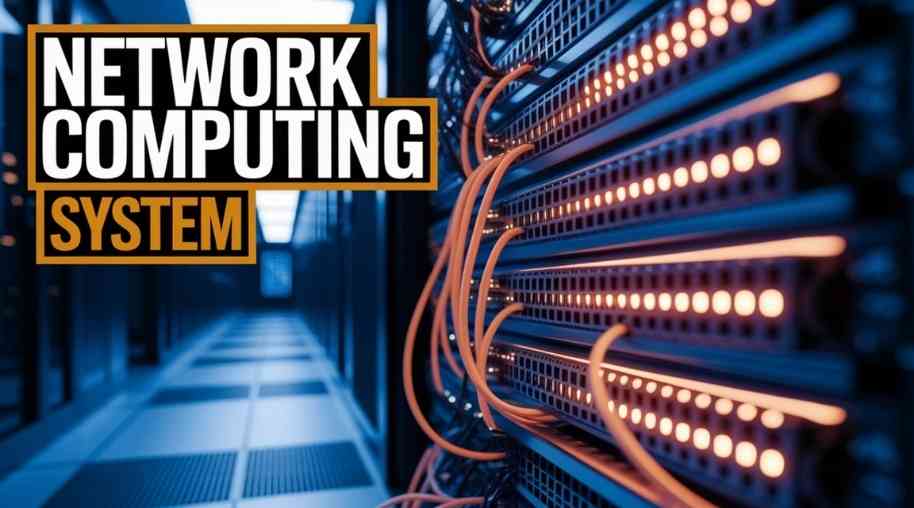NCS Full Form-Network Computing System
by Shashi Gaherwar
0 2115
The Power of Network Computing Systems: Transforming Connectivity and Efficiency
Network computing systems enable seamless resource sharing and data exchange across interconnected devices, driving efficiency in industries like finance and healthcare. This article explores their components, benefits, challenges, and future trends.

Understanding Network Computing Systems
A network computing system connects multiple devices to share resources and process data, encompassing:
- Distributed Computing: Divides tasks across nodes for complex problem-solving.
- Cloud Computing: Uses remote servers for data management, reducing local infrastructure needs.
- Grid Computing: Pools decentralized resources for large-scale computations.
- Client-Server Model: Centralized servers provide services to clients.
Key Components of Network Computing Systems
Network computing systems include:
- Networking Hardware: Routers, switches, and NICs enable data transmission.
- Protocols: TCP/IP, HTTP, and FTP ensure communication.
- Software: Cloud apps and virtualization tools enhance functionality.
- Security: Firewalls and IDS protect against cyber threats.
- Storage/Servers: Manage large-scale data efficiently.
Benefits of Network Computing Systems
Network computing systems offer:
- Scalability: Easily adjusts infrastructure to meet demand.
- Resource Optimization: Minimizes redundancy for better performance.
- Remote Access: Enables global data and app access.
- Cost Efficiency: Reduces hardware costs via pay-as-you-go models.
- Collaboration: Supports real-time global teamwork.
- Data Security: Provides secure storage and backups.
Challenges of Network Computing Systems
Network computing systems face:
- Cybersecurity Risks: Increased connectivity heightens cyberattack risks.
- Latency: Data transmission delays impact real-time applications.
- Infrastructure Costs: Maintaining networks requires investment.
- Privacy Concerns: Compliance with data regulations is critical.
- Downtime: Internet outages disrupt operations.
Future of Network Computing Systems
Future trends in network computing include:
- 5G/Edge Computing: Enhances real-time processing with faster speeds.
- AI Integration: Improves network efficiency and security.
- Quantum Computing: Promises faster data processing.
- IoT Expansion: Increases interconnected device networks.
- Blockchain: Enhances security and data integrity.
Network computing systems drive innovation and efficiency across industries. As cloud computing, AI, and 5G evolve, addressing cybersecurity and infrastructure challenges will ensure their continued transformative impact.
Further Learning Resources
If you’re passionate about building a successful blogging website, check out this helpful guide at Coding Tag – How to Start a Successful Blog. It offers practical steps and expert tips to kickstart your blogging journey!
For dedicated UPSC exam preparation, we highly recommend visiting www.iasmania.com. It offers well-structured resources, current affairs, and subject-wise notes tailored specifically for aspirants. Start your journey today!

Share:








Comments
Waiting for your comments